- Home
- slideshows
- miscellaneous
- Who should to wear a face mask during the coronavirus outbreak, and who should not
Who should to wear a face mask during the coronavirus outbreak, and who should not
There are two kinds of masks: surgical masks and N95 respirators.

If you live in an outbreak zone, you should wear a mask.
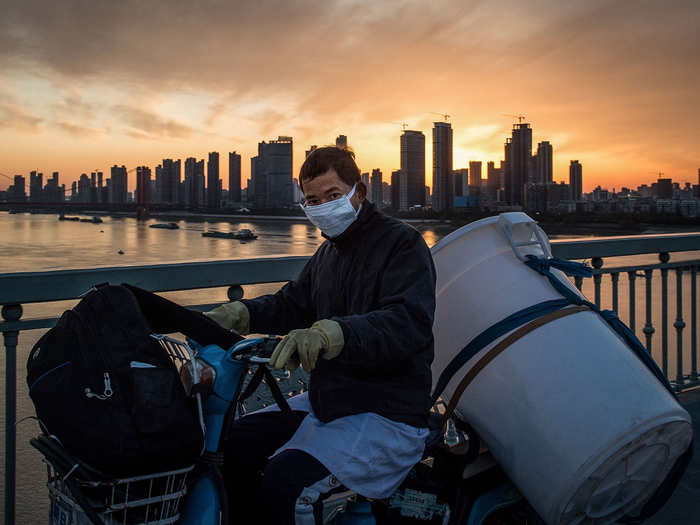
In China's Hubei province, where Wuhan is located, local authorities have mandated that residents wear masks when they go outside, but they haven't stipulated whether people wear surgical masks or respirators.
There are currently 65,596 cases in the province, and all residents are under quarantine.
In South Korea, which has over 1,260 coronavirus cases (the largest number outside of mainland China), the government has posted notices encouraging residents to wear masks in public and telling them that it is a "must" on public transportation.
If you're a healthcare worker treating coronavirus patients, it's standard procedure to wear personal protective gear, including masks.

Protective gear varies based on the level of risk providers face, but the CDC recommends gowns, masks or respirators, googles or face shields, and gloves.
Healthcare workers need masks to protect themselves from the infectious germs they're exposed to in hospitals. If they come down with an infection themselves, masks also prevent them from spreading their germs to vulnerable patients.
In China, at least 3,000 healthcare workers have gotten the new coronavirus.
If you're caring for someone sick at home, you should also wear a face mask.
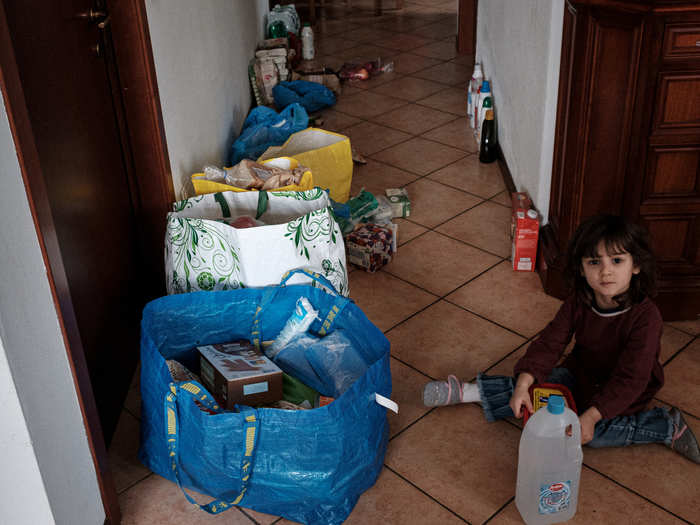
All others in the house should wear masks as well.
Patients who have tested positive for the coronavirus should wear masks in healthcare settings.
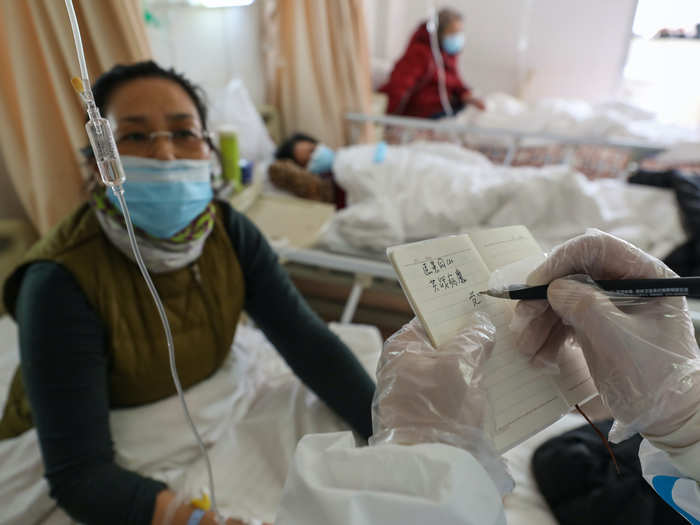
Patients being treated in hospitals in China all wear masks, though some hospitals have reported resource shortages.
Similarly, the CDC has directed healthcare professionals in the US to put surgical face masks on patients with any respiratory symptoms, as well as on people who recently traveled to China or had contact with someone who did.
Health agencies recommend that anyone experiencing flu-like symptoms wear masks when around other people.
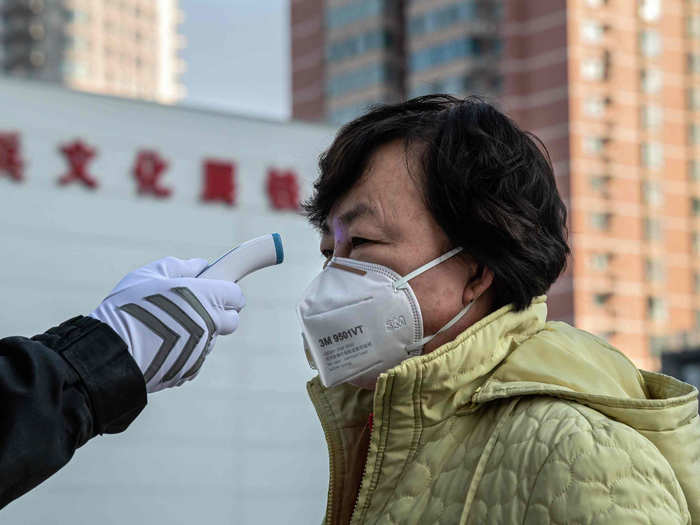
The coronavirus causes flu-like symptoms: fever, cough, and shortness of breath. If you're experiencing any of these, the CDC recommends that you stay home and away from other people. If you live with others, stay in a separate room and use a different bathroom if possible.
When you are around others, the CDC suggests wearing a face mask as a precautionary measure to avoid spreading germs.
The agency asks anyone with coronavirus symptoms to call ahead before visiting a hospital or doctor's office so that the staff can prepare properly.
If you're a healthy person who's not in an outbreak zone and you don't work in a medical setting, you don't need a mask.
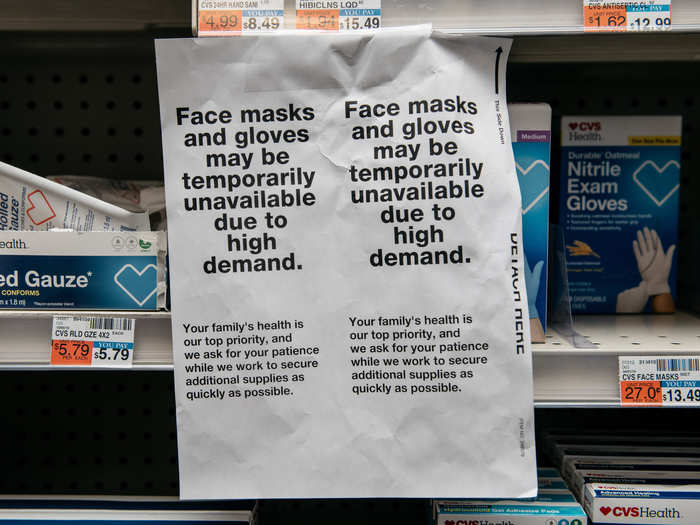
The CDC says it "does not recommend that people who are well wear a face mask to protect themselves from respiratory illnesses, including COVID-19."
The agency's guidance is: "You should only wear a mask if a healthcare professional recommends it. A face mask should be used by people who have COVID-19 and are showing symptoms. This is to protect others from the risk of getting infected."
Because hospitals around the world face shortages of personal protective equipment, especially masks, individuals who don't need them but stock up anyway could contribute to these shortages, potentially hindering healthcare response and effectiveness.
For the average person outside of an outbreak zone, the CDC says the best precautions are the standard, everyday ways to avoid all germs: wash your hands frequently, don't touch your face, and regularly disinfect surfaces.
Popular Right Now
Popular Keywords
Advertisement